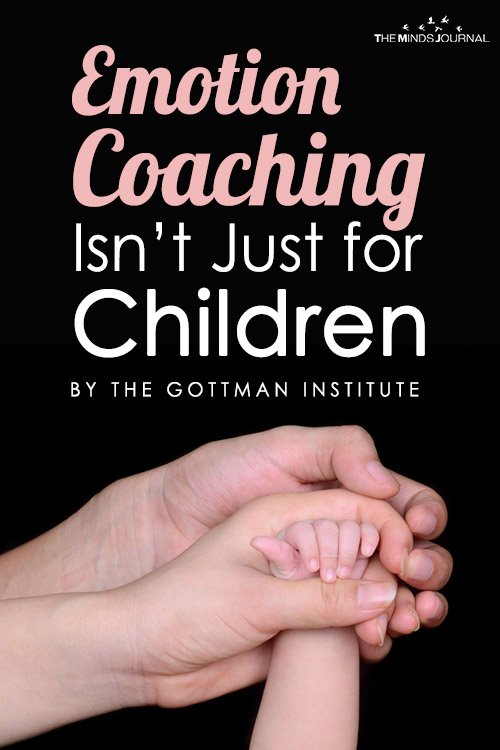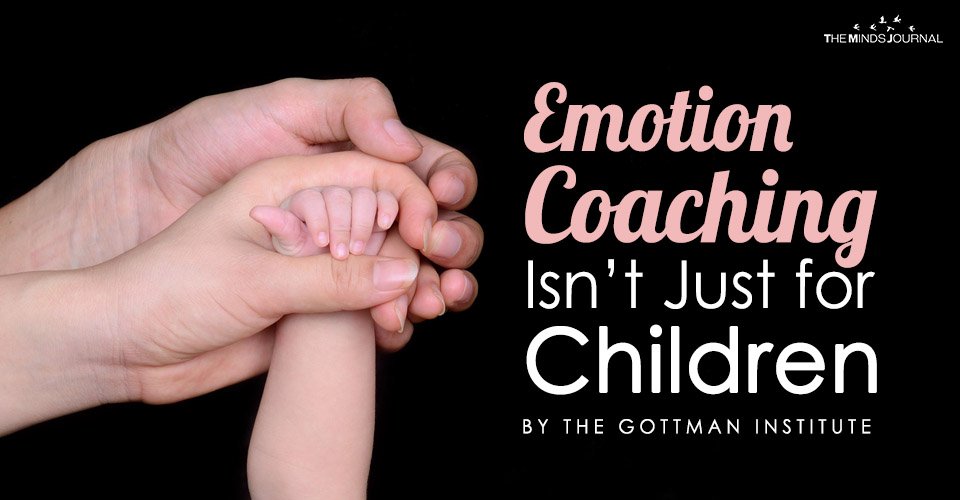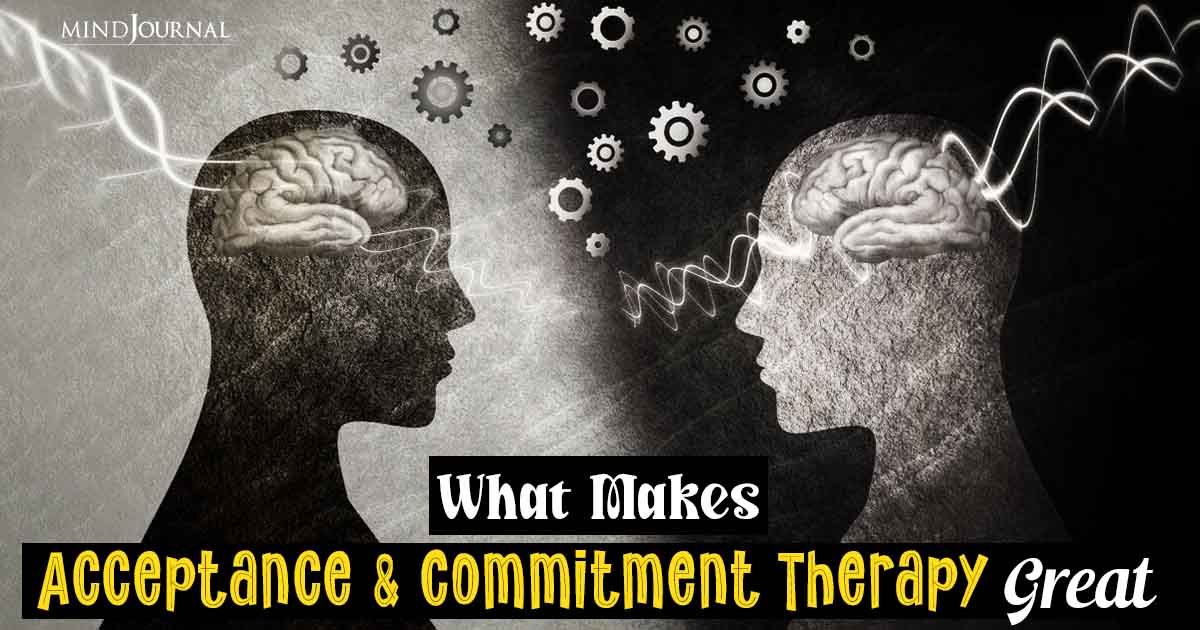Parents, it’s time for you also to get an emotion coaching to empathize with your child’s feelings and enhance emotional intelligence.
Over the last year we’ve started to discuss the topic of parenting and the possibility of adopting a child.
Along the way, we’ve read with interest Dr. John Gottman’s advice on Emotion Coaching to learn how to build emotional intelligence in children, but what we’ve discovered is that the principles of Emotion Coaching apply to us—two gay male adults approaching 40.
The third step of Emotion Coaching is to listen with empathy and validate your child’s feelings. We’ve found that this skill is essential when communicating with grown ups as well.
It is particularly important when it comes to negative emotions in couple relationships. When your partner is upset, whether at you or at someone else, empathizing with them and validating what they say will help you successfully navigate conflict. But it’s easier said than done.
Having grown up with the belief that feelings can manipulate and harm, David became the classic avoidance problem solver. This meta-emotion mismatch has been a big stumbling block in our relationship.
When Constantino comes to David with a problem, what he wants is a sounding board. He needs someone who can listen, empathize, and meander with him down the rabbit holes of sadness, frustration, and fear.
David, on the other hand, would rather solve the problem and move on. His attitude is, “Why wallow in negative emotions?”
David feels uncomfortable when Constantino expresses negative emotions, even when they aren’t directed toward him.
Constantino, however, can take an almost academic approach to his feelings. Negative emotions don’t faze him because he’s able to detach from them, talking about himself almost as if he were an outside observer.
David is also self-conscious about feeling down. One of his Love Languages is words of affirmation. He wants to do well and be successful.
He likes to remain positive and hopeful, and he never wants others to know when he’s upset. He’s sensitive to anger because he equates it to having done something wrong—that he has failed somehow.
When Constantino expresses anger, David gets flooded and shuts down.
The other part of the problem is that, usually, by the time Constantino comes to David about how he’s feeling, he’s already been processing things on his own for a while.
We can be sitting peacefully, watching Netflix, when Constantino suddenly drops a bomb about something that has been bothering him for weeks.
And then he expects David to go with him on a stroll down the deepest recesses of his psyche.
We each clearly have our own brand of crazy, and marriage has shed light on this like nothing else.
David is now using Emotion Coaching to listen to Constantino without jumping to problem solving. He’s also learning skills to self-soothe so that he can be present for Constantino when he needs him.
At the same time, Constantino is learning to be more self-aware so that he doesn’t hit David with waves of strong negative emotions out of the blue.
We’re learning that conversations about feelings go better when David has some time to mentally prepare.
Constantino is intentional about giving David a heads up, and depending on the urgency, we’ll even set a specific time in the calendar to have a Stress Reducing Conversation.
We also set a time limit on these conversations, which could easily last for hours.
This is particularly helpful to David because he finds it difficult to engage when there is no time limit. He feels trapped, preoccupied with when it will end.
But it also helps Constantino by forcing him to remain grounded, and not overanalyze what he may or may not be feeling.
All this might make our marriage sound cold, or too brainy, but it is nothing of the sort. These small compromises have allowed David to be present, and have even helped him to unpack and give voice to his own feelings.
This, in turn, has made Constantino feel more connected, which is what he ultimately wants.
By being mindful of each other’s feelings, we’ve been able to use Emotion Coaching in our relationship to become more emotionally intelligent.
By David and Constantino Khalaf
You may also like:
- The Effects Of Negative Emotions On Our Health
- Managing difficult emotions during the holidays
- Helping Little Ones with Big Emotions
- 10 Most Crucial Positive Emotions To Cultivate Daily According To Positive Psychology
- 10 Things People Who Bottle Their Emotions Go Through and Understand









Leave a Reply
You must be logged in to post a comment.